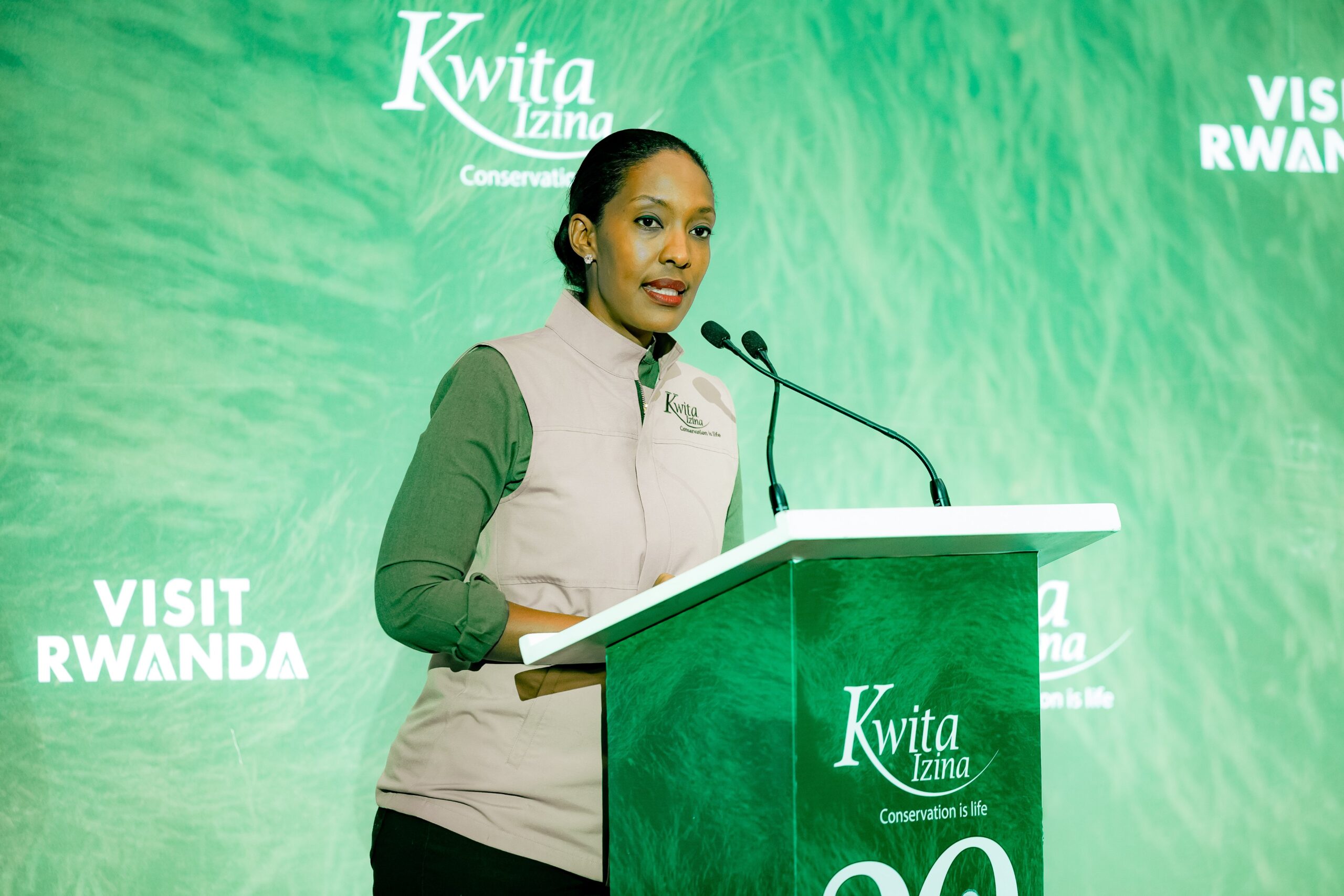Rwanda’s annual Kwita Izina gorilla naming ceremony has cemented its place as a key event on the global conservation calendar, bringing international recognition to the country’s efforts in preserving wildlife. Held in the Northern Province, Kwita Izina is more than just a celebration of Rwanda’s thriving mountain gorilla population—it’s a powerful driver of tourism, community development, and economic growth.
The regions of Musanze, Nyabihu, and Rubavu, situated near Volcanoes National Park, have experienced a significant transformation, with tourism fueling business growth and improving local infrastructure. Luxury hotels now dot the landscape, and road networks have been upgraded, largely funded by the revenues generated from tourism. Since 2005, the Tourism Revenue Sharing Program has invested Rwf 5.16 billion in over 659 community projects, directly benefiting local populations.
Yves Ngenzi, Director General of the Rwanda Tourism Chamber, emphasized the global importance of Kwita Izina for the country’s tourism sector. “We see Kwita Izina as a vital opportunity to connect Rwanda’s tourism sector with the global market. Each year, this event has grown in significance, creating more avenues for the private sector to engage, whether through pop-up/side events, merchandise sales, or expanded business collaborations. The continued partnership between the private sector and conservation efforts has enhanced Rwanda’s global tourism offering, while also fostering sustainable economic growth and empowering local communities,” Ngenzi said.

In conjunction with Kwita Izina, the Business of Conservation Conference (BCC) has become a key platform for fostering discussions on Africa’s conservation landscape. Organized in partnership with the Government of Rwanda, BCC has been running for four years and brings together leading experts and policymakers to develop innovative strategies for sustainable wildlife management.
Dr. Mike Musgrave, Head of Professional Development at the African Leadership University’s School of Wildlife Conservation, highlighted the importance of BCC in redefining conservation. “Kwita Izina and gorilla conservation represent the pinnacle of what can be achieved using Africa’s natural resources. Our vision for conservation shifts the traditional model from one that excludes people to one focused on sustainable development. We aim to transform conservation from a sector reliant on donor funding into a vibrant economic engine that supports livelihoods through wildlife and natural resources,” Musgrave explained.

As Rwanda continues to build on its conservation success, Kwita Izina remains a symbol of how tourism and conservation can intertwine to create sustainable economic opportunities, benefiting both local communities and the nation as a whole.

